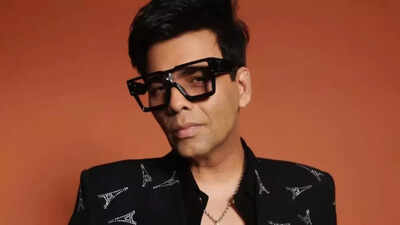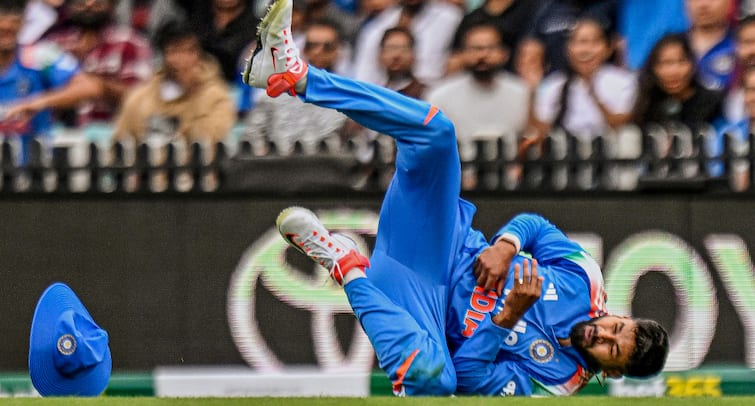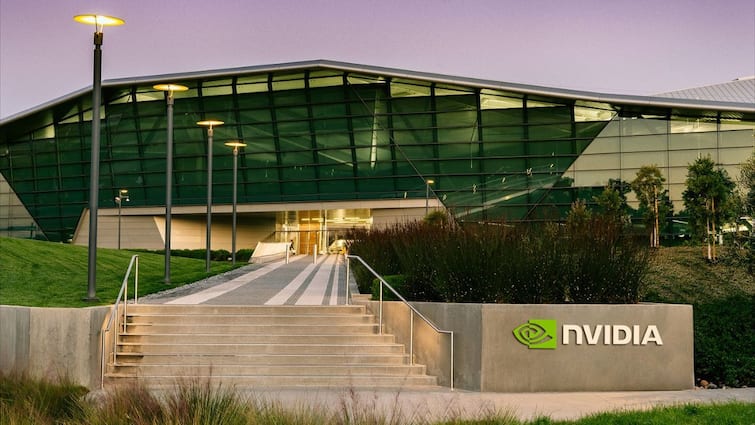When Karan Johar sold a 50% stake in his homegrown banner Dharma Productions to Adar Poonawalla for ₹1,000 crore last year, it took many by surprise. The production house, founded by his late father Yash Johar, has long been synonymous with Karan’s creative identity and legacy. The decision was a strategic one, and one he has no regrets about.“My business acumen is not the sharpest. You may not believe me, but it’s true,” Karan admitted candidly. “So, Apoorva Mehta, who’s the CEO of my company and also my best friend, we grew up together, went to the same school, the same college. He’s the business mind behind Dharma, Dharmatic, Dharma 2.0, DCA, everything that we do. He’s the business brain, and I’m the creative source,” Karan said in a recent interview with Curly Tales. Looking back, Karan recalled the uncertainty he faced after losing his father in 2004. “My father, who passed away in 2004, was a film producer. I’ve learned all my mantras of life, all my philosophies, and everything I know about living a life within the movie business from him. But when he passed away, I was a little lost, I don’t have siblings, and there wasn’t family who could help me run this. So, I called on Apoorva, who left his job and business in London and moved back to India. From then on, it’s been 20 years of us working together, 20 years of building Dharma Productions and creating it into what it is today.”When asked about the sale, Karan was clear in his reasoning. “Not at all. It was the right decision for growth too, because I knew that 50 crore would become 1,500 crore if I had that 50% investment. I knew what I could do with that investment, how I could grow and take my company in a much more forward-moving direction.” He added with a laugh, “I’m the worst. I should never be in the negotiation room because I’ll always give up more and receive less.”The deal came at a crucial time for Dharma Productions. According to Campaign India, its FY23 net profit had dropped by 59% to ₹11 crore, with expenses surging to ₹1,028 crore — largely due to big-ticket projects like Ayan Mukerji’s Brahmastra, which grossed ₹420 crore against a ₹400 crore budget.Karan has often spoken about the financial realities of modern filmmaking. At the CNBC-TV18 Global Leadership Summit, he reflected on the economics of scale in Bollywood. “It’s the middle-budget film, where the cost to profit is super high. Those are the films that you can fund entirely on your own, and you can enjoy and reap the benefits of the big breakthrough profits. I believe the real bread and butter, the real money comes from middle-budget film,” he said. Go to Source

KJo doesn't regret giving 50 percent ownership of his company



